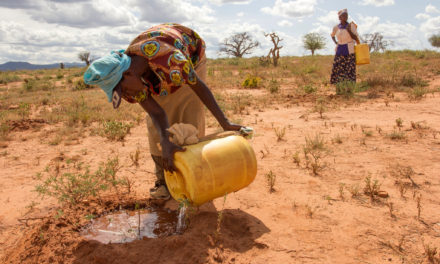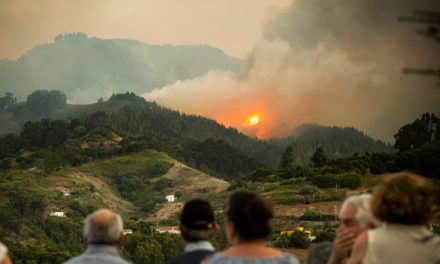Despite the ongoing coronavirus pandemic, there are still small positives to be thankful for.
In India, the Himalayan mountains are visible for the first time in 30 years. Residents in the Punjab region were able to see the mountain range from over 100 miles away due to a drastic drop in air pollution as a result of the country’s lockdown.
India administered a 21-day lockdown for its population of 1.3 billion in late March as a preventative measure to curb the spread of the COVID-19 virus.
Many took to twitter to share their awe of the sight, including Indian cricketeer Harbhajan Singh:
Typically, India is one of the worst countries when it comes to air quality. It usually records 5 times the safe limit as advised by the World Health Organisation. In 2012 alone, 1.5 million Indian citizens lost their lives due to dangerous air pollution.
It isn’t just India benefitting from the lockdown, China – the first country to be affected by the virus – has also emerged out of its usual smog. Last month, the European Space Agency released images revealing the stark difference in pollution in March compared to December.
Air Pollution Linked to High Death Rate
A recent study conducted by researchers at the Harvard TH Chan School of Public Health has revealed that air pollution is linked to a higher death rate of those who contract COVID-19.
Research shows that even a small increase in particle pollution levels before the pandemic is responsible for a 15% increase in death rate. This corresponds with earlier studies that show that poor air quality can cause severe respiratory issues, a deadly factor that causes COVID-19 related deaths.
A separate study conducted in Italy showed that the highest death rate occurred in the north of the country where air pollution is much worse. As the lockdown clears up skies, the reduction of air pollution isn’t just good for our environment but it’s ultimately saving lives.
In a time where bad news seems to be the marker of each day, we must hold on to any bit of positive news afforded to us. Hopefully, as we begin to appreciate the difference a lack of pollution has on our natural landscape, our priorities will shift to care more about the environment and protecting it.
- This Artist is Making the Underwater Arena His Canvas - 28th April 2021
- A Video Game that Promotes Peace and Conflict Resolution - 15th March 2021
- Netflix’s ‘Living Undocumented’ is a Difficult Series to Watch, and Exactly Why We Should - 9th March 2021






